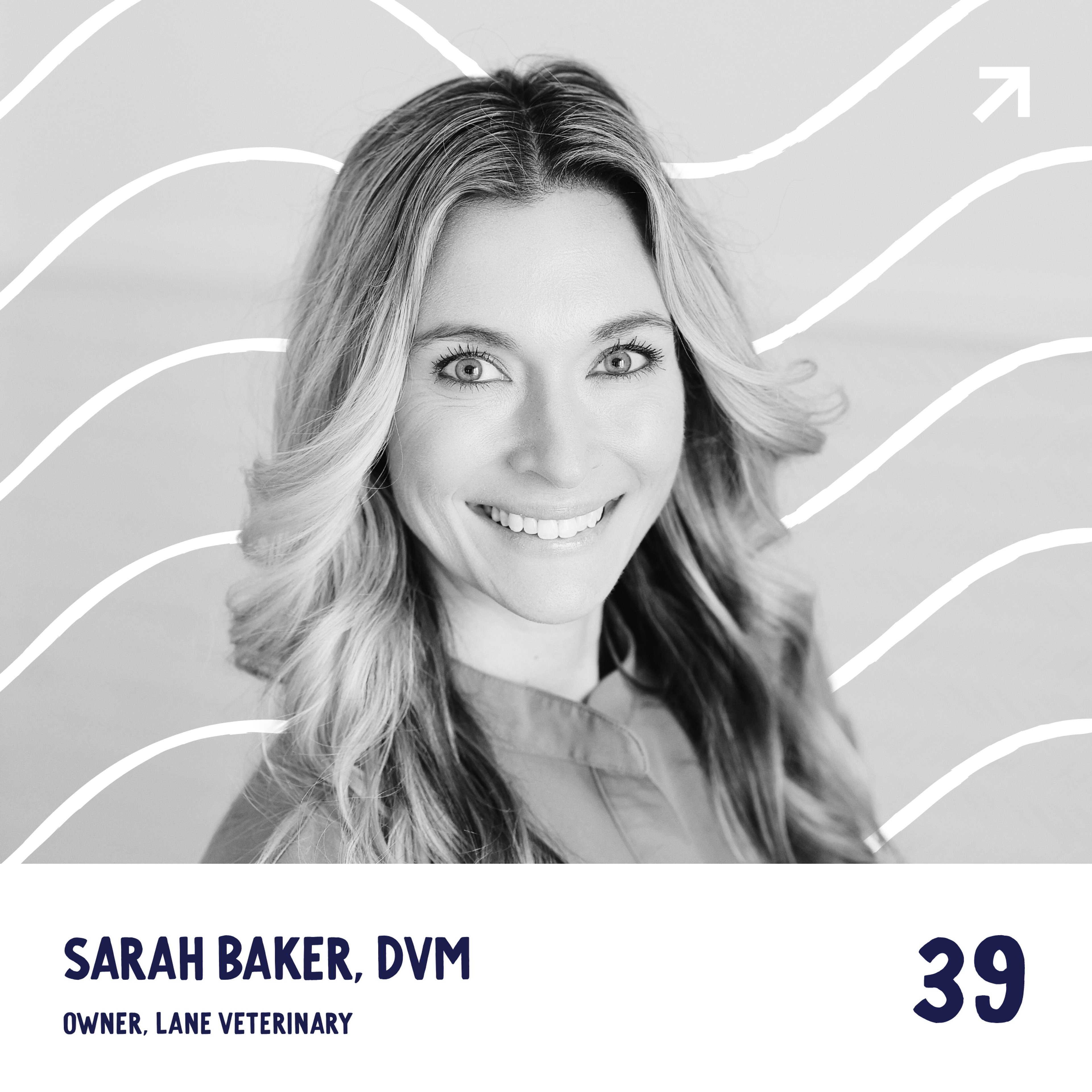32. The three financial stages in a dentists’ life and how to “own” them
With Tim McNeely
Each phase requires a different approach to wealth management (if a dentist plans to thrive in their professional and personal lives).
Picking a winning financial strategy doesn't start with finding the right balance between your 401k and your Roth — according to today's guest.
Instead, it starts with defining your relationship to money: what are your needs, your priorities, and your goals?
Meet our guest
In this episode
- How should young dentists manage their debt and begin the process of building wealth?
- What are some common financial mistakes that dentists make?
- How financial strategies need to shift as retirement nears?
- What are some benchmarks of which mid-career dentists should be mindful?
- What can dentists learn from the wealth management strategies of the "super-rich?"
All opinions expressed by the Provide employee participant are solely their current opinions and do not reflect the opinions of Provide, its affiliates, or Fifth Third Bank. The Provide employee participant’s opinions are based on information they consider reliable, but neither Provide, its affiliates, nor Fifth Third Bank warrant its completeness or accuracy and should not be relied upon as such. This content is for informational purposes and does not constitute the rendering of legal, accounting, tax, or investment advice, or other professional services by neither Provide, its affiliates, or Fifth Third Bank. Please consult with appropriate professionals related to your individual circumstances.
Taking the next step is simple
Pre-qualify in two minutes or less, with no impact on your credit score.


Find the home for your next chapter
Browse available listings from top brokers in your area.
More episodes

22. How to avoid paying too much for your first healthcare practice

9. Should I own the commercial real estate for my healthcare practice?
